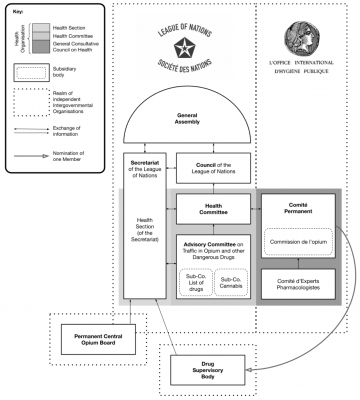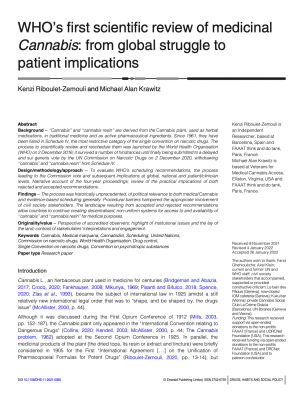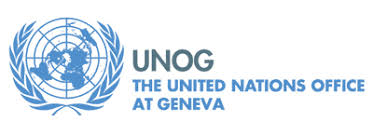Background: In 2016-2019, the WHO Expert Committee on Drug Dependence scientifically reviewed cannabis products. In that context, multiple references to a previous and similar assessment dating back to 1935 were made; but the content, outcome, and stakeholders involved in the 1935 review were unclear.
Method: Transnational historiography of the international conversation on cannabis control in and around 1935, based on previously-unavailable primary material from international organisations, archives, and literature searches.
Results: Two evaluations were undertaken in 1935 and 1938 by the “Comité des Experts Pharmacologistes” convened under the “Office International d’Hygiène Publique” (OIHP), predecessor of the WHO. Five specific medicines marketed by Parke-Davis were briefly reviewed, based on which the Experts recommended placing under international control all cannabis medicines –prior to that, only pure extracts were under control. The measure was confusing; few State Parties to the 1925 Convention implemented it; the second World War precipitated its oblivion. The international community resumed work on cannabis under the WHO in 1952; that same year, the OIHP was definitely closing its doors. No trace of the 1935 events appeared in any post-war proceeding.
Conclusion: Political biasses and numerous methodological and ethical issues surround the 1935 episode: it cannot legitimately be called a “scientific assessment.” The role of stakeholders like Egypt and the OIHP in norm entrepreneurship and advocacy for multilateral controls over cannabis have been largely forgotten; that of the USA somewhat exaggerated. There might be other forgotten pieces of History: predecessor of WHO, the under-documented OIHP had mandates on other important fields, be it drug or epidemics control. Much knowledge on the History of humankind lays in unexplored archival records; errors made and lessons learnt from the past could inform our management of the conflict between public health and politics today.





